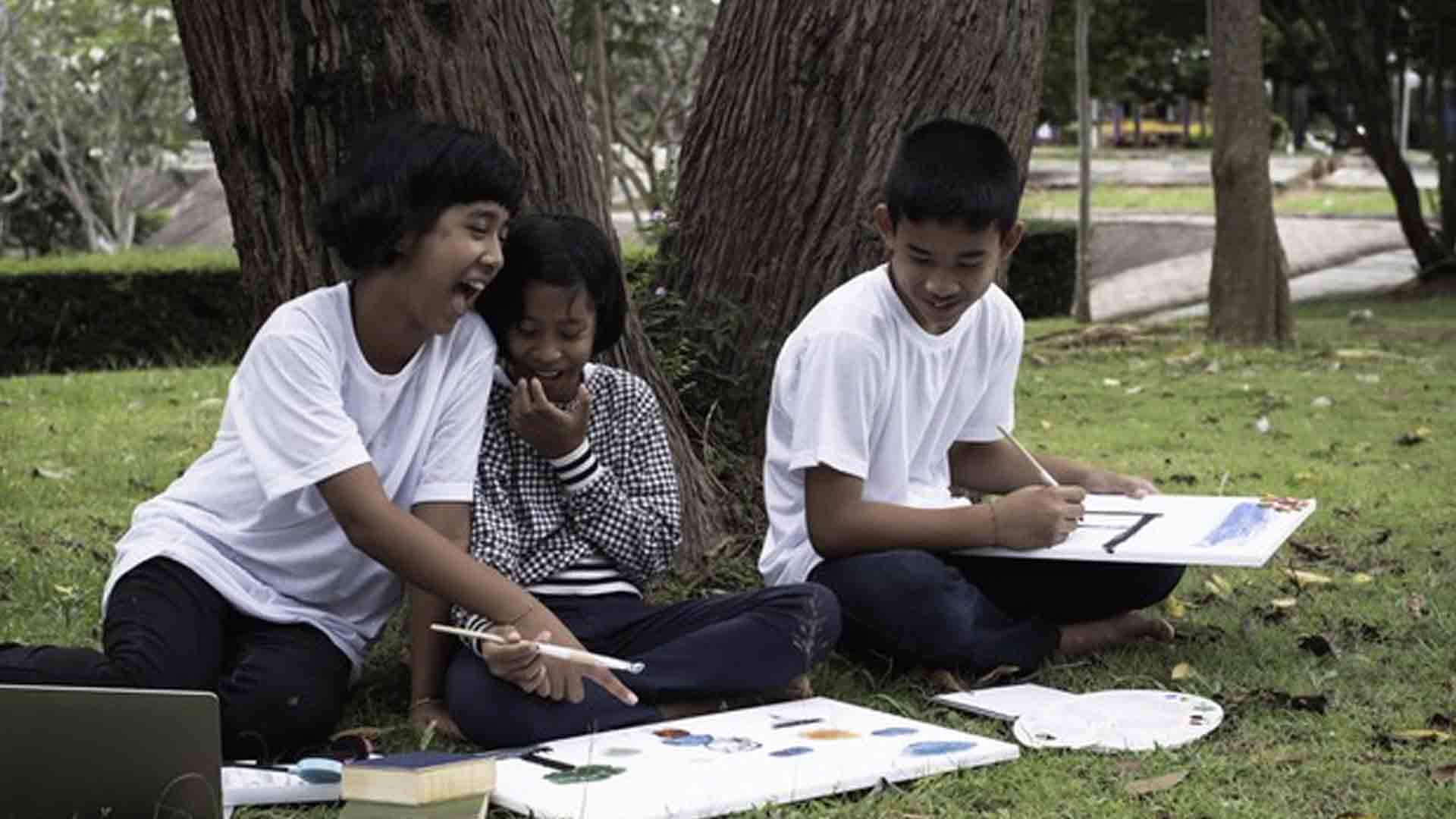Allowing children as young as five years old to go outdoors will help promote their well-being amid the coronavirus disease 2019 (Covid-19) pandemic, Malacañang said on Saturday.
In a radio interview, Presidential Spokesperson Harry Roque said children should be given the chance to spend more time outside of their homes since Covid-19 already took a toll on their physical and mental health.
“‘Yung concern talaga natin din ay iyong physical and mental well-being ng ating mga bata (Our concern here really is the children’s physical and mental well-being), Roque said. “So, ngayon, kumbaga ay binibigyan natin ng pagkakataon na makalanghap ng hangin, makita nila iyong iba’t ibang tanawin sa labas ng bahay (So, now, we are letting them breathe a fresh air and see other attractions outside).”
On Thursday, the Inter-Agency Task Force for the Management of Emerging Infectious Diseases (IATF-EID) allowed children aged five and above to enjoy outdoor activities in areas under general community quarantine (GCQ) and modified GCQ (MGCQ).
The local government units, however, may increase the age restriction, depending on the Covid-19 situation in their respective jurisdictions.
Roque said the IATF-EID’s new policy was based on “science.”
He also ensured that the children’s safety would not be compromised, since the activities will be done outdoors and the strict health protocols will be followed.
“Alam niyo po kasi. binabalanse natin dahil mahigit isang taon nang hindi pupuwedeng lumabas ang ating mga kabataan. At mayroon pong impact sa kanilang physical at mental na kalusugan (We are balancing the situation because it has been more than a year since the youth have been prohibited to go outside. It has an impact on their physical and mental health),” Roque said.
The government has restricted the public movement when the country was hit by Covid-19 last year.
According to IATF-EID Resolution 125 issued Thursday, children can only go to outdoor areas such as parks, playgrounds, beaches, biking and hiking trails, outdoor tourist sites and attractions as may be defined by the Department of Tourism, including on outdoor non-contact sports courts and venues, and al-fresco dining establishments.
Mixed-use indoor or outdoor buildings and facilities like malls and similar establishments are not included in the allowed outdoor areas for children, the resolution states.
Areas under GCQ “with heightened restrictions” are likewise not covered by the latest IATF-EID policy.
GCQ “with heightened restrictions” has been imposed in Laguna and Cavite, while GCQ “with some restrictions” have been implemented in Metro Manila, Rizal, and Bulacan until July 15.
Other areas under GCQ status until July 31 include Baguio City, City of Santiago, Isabela, Nueva Vizcaya, Quirino, Batangas, Quezon, Guimaras, Aklan, Bacolod City, Negros Occidental, Antique, Capiz, Zamboanga Sibugay, City of Zamboanga, Iligan City, General Santos City, Sultan Kudarat, Sarangani, Cotabato, South Cotabato, Agusan del Norte, Surigao del Norte, Agusan del Sur, and Cotabato City. (PNA)




















